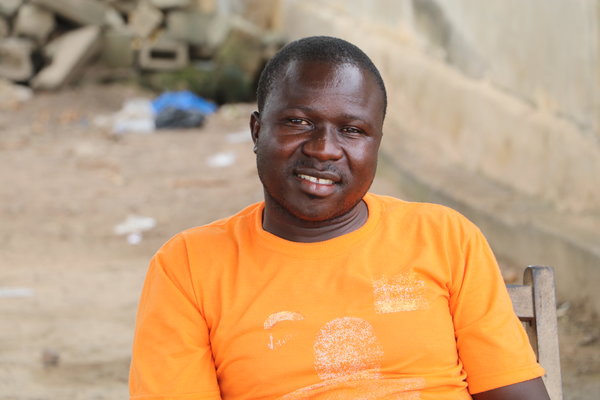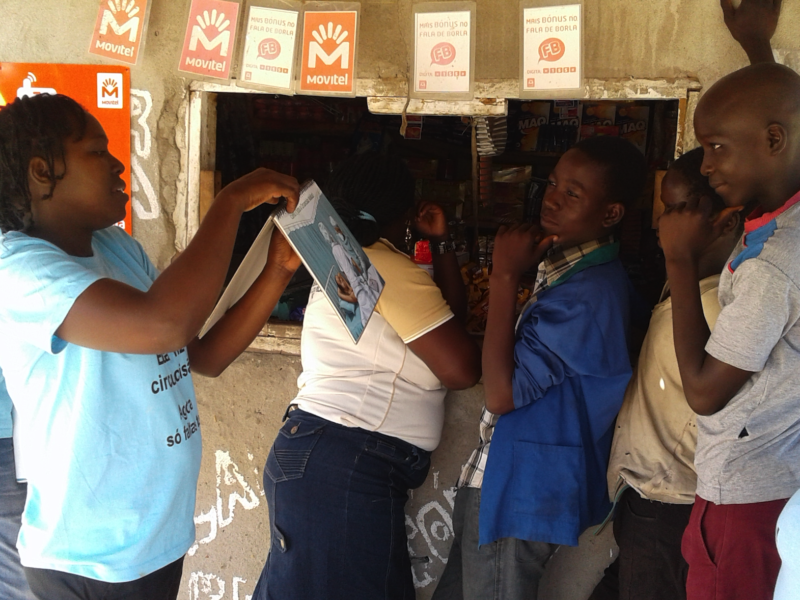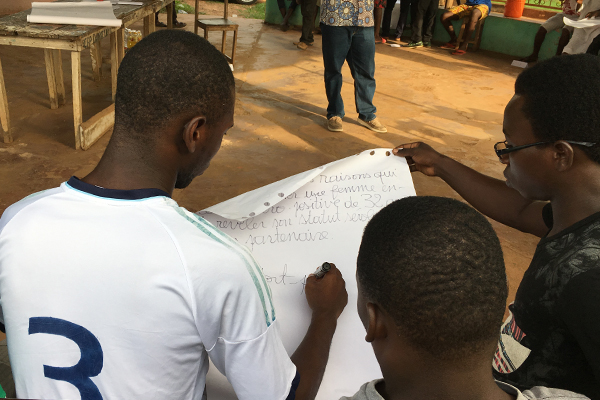A new case study by the Johns Hopkins Bloomberg School of Public Health Center for Communication Programs (CCP) examines efforts to scale up access to and demand for Voluntary Medical Male Circumcision (VMCC) in South Africa. Beginning in February 2012, the Brothers for Life initiative integrated several mobile phone-driven components into a large-scale, mixed-media social mobilization campaign for VMMC.
“This study is exciting because it underscores how demand-generation activities can be linked to health services by leveraging the utility and ubiquity of basic mobile phones,” explained James BonTempo, Director of ICT and Innovation at CCP and co-author of the case study. “Clearly, mobile services can and must be integrated into larger health communication and service delivery initiatives. We have just begun to explore the multitude of ways that we can use mobile tools effectively — the possibilities are endless.”
Brothers for Life leveraged mobile phones to link men to VMMC services through a clinic locator, and to provide post-operative messaging and support. The campaign chose to utilize mobile phones to support VMMC efforts because mobile phones and mobile service subscriptions are pervasive and accessible in South Africa across all income levels and within the target age group; they allow for privacy, which is especially important when dealing with such a culturally sensitive topic; and they are a cost effective means to provide clients with timely, location-specific, and personalized information.
Project staff found that usage of the clinic locator service was directly correlated to publicity for the SMS number through traditional media, such as airing a campaign television commercial. A more robust evaluation of the post-operative services is needed, but preliminary findings from a qualitative evaluation of the VMMC campaign demonstrate overall user happiness, including a willingness to share information about the clinic locator service and satisfaction with VMMC with friends and family.





